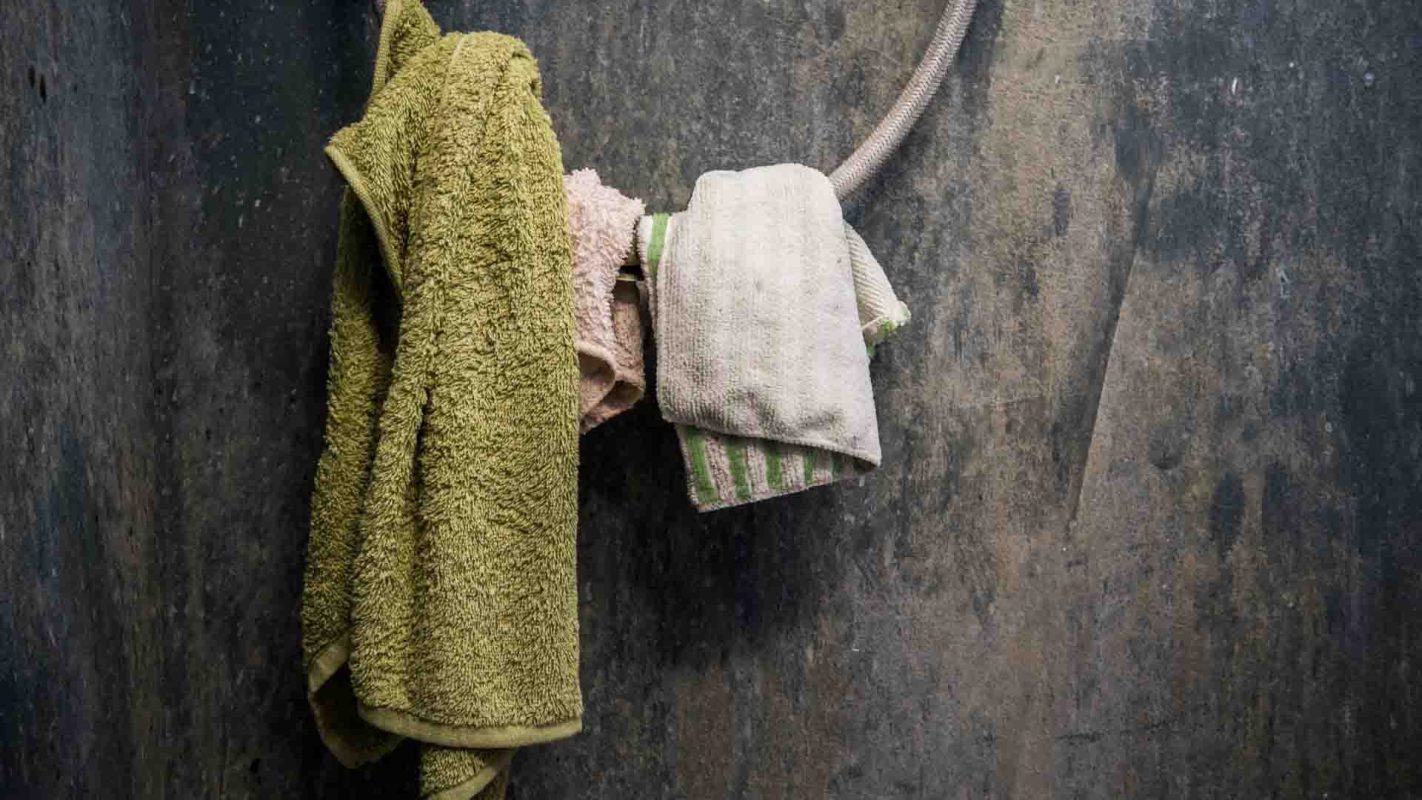In a recent Reddit thread, a user crowdsourced solutions for taking care of the dirty towels and mop heads they use to clean up after their pet.
"We have a senior dog who has been having accidents in the house," the Redditor wrote. "I'd prefer to keep his diapers and urine-soaked floor cloths separate from our clothes, [reusable] towels, napkins, and other fabrics in our household."
The Redditor said they want to clean and reuse these household items instead of using disposables, but they also want to keep them from stinking up the house without doing a load of laundry after every incident.
"I was wondering what everyone used to store their dirty, smelly, wet items while waiting for them to accumulate enough to justify a load of laundry," the Redditor asked. "I'm worried about smell, leakage, and being able to clean the chosen storage container between washes."
Reusable cloth and diapers are better for your bank account than buying disposable items. It's also better for the environment. According to the EPA, more than 4 million tons of diapers went to waste in 2018, making up 1.4% of all municipal solid waste.
Several Redditors chimed in with solutions.
"My experience after cloth diapering two babies was that an open pail worked best," one wrote.
That same Redditor said that urine, when kept wet, "breaks down into ammonia and just gets nastier and more pungently stinky the longer it's wet." But when dried, the chemical reaction "stops and the odor stops."
They added that wet rags or towels "ideally hang on the side [of the bin] to dry." Then, about every other day or so "the wash gets done."
Another user said they had a similar issue with cats.
TCD Picks » Quince Spotlight
💡These best-sellers from Quince deliver affordable, sustainable luxury for all
"I end up with a lot of nasty cleaning rags," they wrote. "I have two buckets in our laundry area. One is for regular cloths, the other is for nasty cloths. The nasty bucket has water and Odoban in it. It's a disinfectant that is used in hospitals, and is absolutely amazing for removing pet odors."
They added that once a week, they rinse out the cloths, then put them into the washing machine on a hot water wash, double-rinse cycle, with Odoban in the first rinse.
Join our free newsletter for easy tips to save more, waste less, and help yourself while helping the planet.












